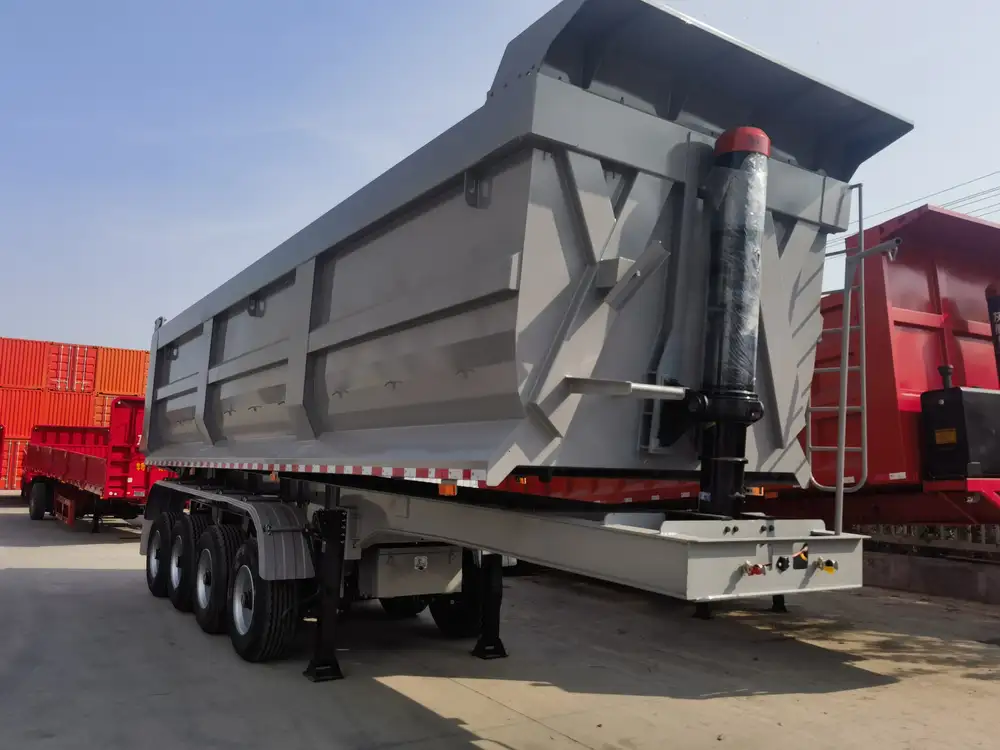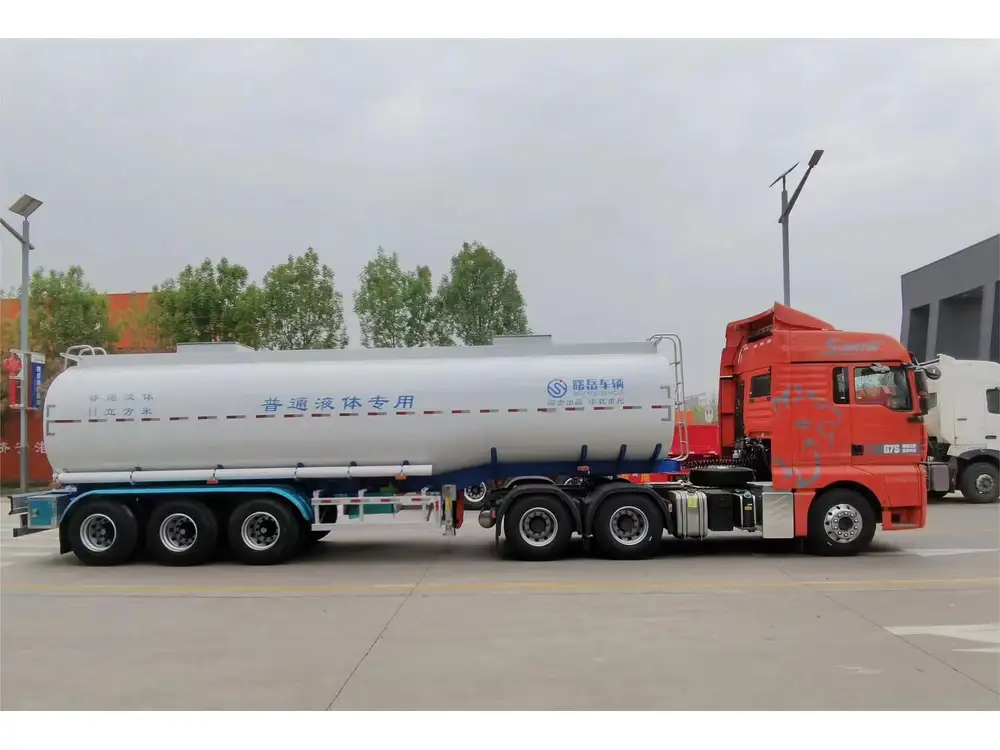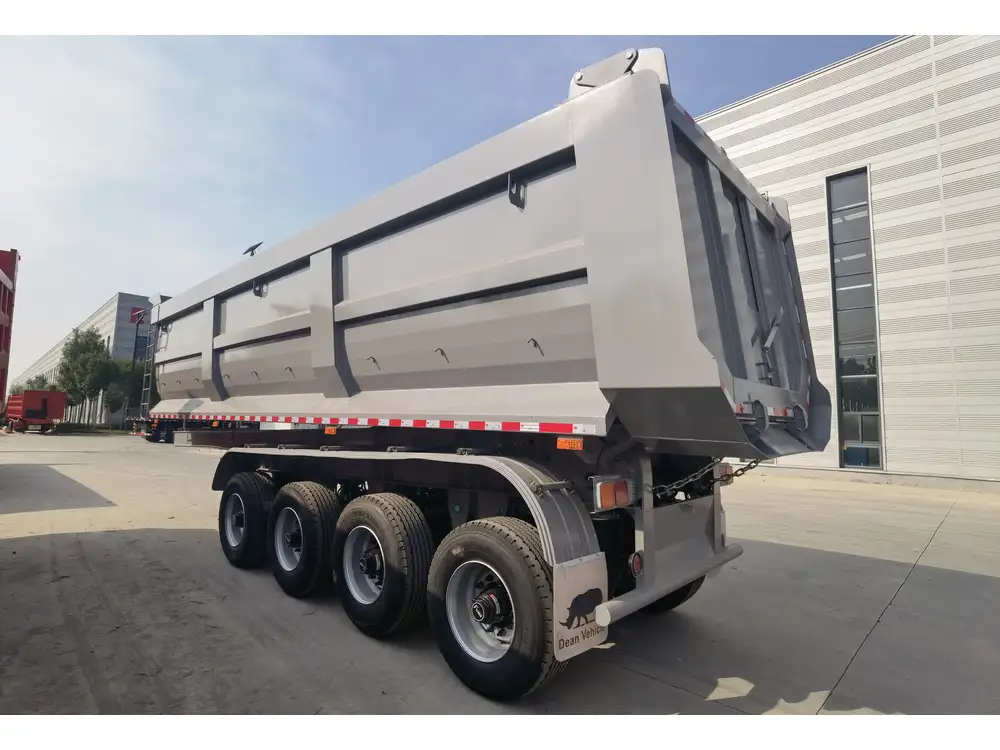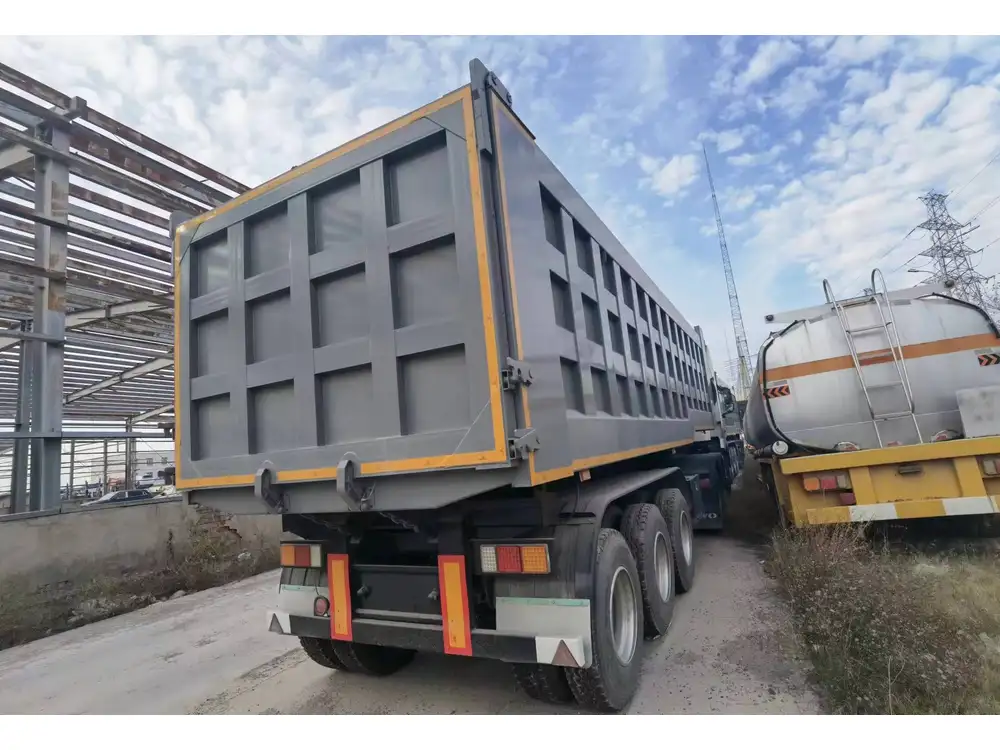In the bustling world of transportation and logistics, the right equipment can dramatically influence the efficiency and cost-effectiveness of your operations. Among various solutions available, skeletal trailers stand out due to their versatility and adaptability for transporting shipping containers. This article delves into the world of skeletal trailer rentals, examining their benefits, applications, and considerations for selection, all while ensuring you make informed choices that cater to your specific needs.
Understanding Skeletal Trailers
What Is a Skeletal Trailer?
A skeletal trailer is specifically designed to transport shipping containers, offering a low-profile chassis that minimizes height while maximizing load capacity. Its structure comprises a lightweight design, typically built from steel or aluminum, which provides strength and durability without unnecessary bulk. This type of trailer is particularly suited for intermodal transport, bridging the gap between sea and land transit.

Key Features of Skeletal Trailers
| Feature | Description |
|---|---|
| Low-Profile Design | Minimizes height, facilitating transport through low-clearance areas. |
| Lightweight Materials | Constructed using high-strength alloys for optimized payload capacity. |
| Flexible Configurations | Available in single or double configurations to accommodate varying container sizes. |
| Enhanced Stability | Equipped with robust axles and suspension systems for stability during transport. |
| Ease of Maneuverability | Designed for efficient navigation in constrained spaces like ports and warehouses. |
Why Consider Skeleton Trailer Rental?
Cost-Effectiveness
Renting skeletal trailers eliminates the upfront costs associated with purchase. Furthermore, businesses can offset expenses by only paying for rentals during peak seasons or specific projects. This flexibility allows companies to allocate their budget towards other critical operational needs.

Access to Modern Equipment
Rental companies often maintain fleets equipped with the latest technologies and features. By opting for rentals, businesses can benefit from state-of-the-art trailers without the long-term commitment of ownership, allowing them to adapt quickly to changing industry standards.
No Maintenance Headaches
Owning equipment means shouldering the responsibility for maintenance, repairs, and inspections. With rented trailers, these concerns typically fall on the rental company. This arrangement ensures that you can focus on your core operations, knowing that the equipment you are using is well-maintained and compliant with safety regulations.
Applications of Skeletal Trailers

Intermodal Transport
Skeletal trailers serve as a crucial component of intermodal transport, seamlessly transitioning containers between ships, trains, and trucks. This versatility is instrumental in minimizing loading and unloading times, thereby accelerating the shipment process.
Container Storage
In situations where container storage is required, skeletal trailers provide an ideal solution. Their low-profile design allows for placement in areas where height restrictions may pose challenges, maximizing usable space in cargo yards.
Construction Sites
Many construction companies rely on skeletal trailers for the efficient transport of materials. Their robustness enables them to handle heavy loads while maintaining stability, crucial for environments that demand reliability and safety.

Factors to Consider When Renting a Skeletal Trailer
Rental Company Reputation
Before committing to a rental agreement, research the reputation of the rental company. Customer reviews, industry reputation, and longevity in the market can provide invaluable insights into the quality of service and reliability.
Condition of Trailers
Inspect the trailers for wear and tear. A well-maintained fleet not only ensures safety but also enhances efficiency. Request documentation regarding maintenance checks and repairs to assess the equipment’s reliability.
| Inspection Criteria | Why It Matters |
|---|---|
| Tires and Suspension | Essential for safe handling and load-bearing capabilities. |
| Braking System | A critical component that directly impacts safety on the road. |
| Lights and Reflectors | Necessary for visibility and compliance with transport regulations. |
| Frame Integrity | Key to ensuring the trailer can withstand heavy loads without fail. |

Rental Terms and Conditions
Thoroughly review the rental agreement. Pay attention to the duration of the rental, any additional fees for late returns, and insurance requirements. A clear understanding of these terms can prevent unexpected costs.
Flexibility and Customization
Each business has unique needs. Look for rental companies that offer flexibility in their terms and the ability to customize arrangements according to specific transport requirements, such as load size and duration.
Industry Considerations and Trends

Shifts in Demand
The logistics industry is experiencing significant changes driven by e-commerce growth and global supply chain dynamics. The demand for skeletal trailer rentals is anticipated to rise as businesses seek reliable and adaptable solutions capable of handling fluctuating demands without a long-term commitment.
Advancements in Trailer Technology
With technological advancements, newer skeletal trailers now come equipped with GPS tracking, load monitoring systems, and enhanced safety features. These innovations offer businesses improved tracking capabilities, allowing for better logistics management and operational efficiency.
Sustainability and Compliance
Growing environmental concerns imply that companies must consider the sustainability aspect of their equipment choices. Rental companies increasingly offer trailers that adhere to stringent environmental standards. Choosing to rent can contribute to a more sustainable approach, as it allows for access to the latest eco-friendly technology without the burden of ownership.

Frequently Asked Questions (FAQ)
1. What types of skeletal trailers are available for rent?
Typically, rentals include both single and double skeletal trailers. Single skeletal trailers are suitable for standard containers, while double configurations allow for the transport of two containers simultaneously, effectively doubling payload efficiency.
2. How is the rental cost determined?
Rental prices commonly depend on several factors, including trailer type, rental duration, and any additional services (like maintenance or insurance). It’s advisable to compare quotes from different rental companies to find the best deal for your specific needs.

3. Is insurance required for trailer rentals?
Most rental companies require customers to obtain insurance coverage for rented equipment. This is essential for safeguarding against damage or accidents that may occur during the rental period.
4. Can I rent a skeletal trailer for short-term projects?
Absolutely! Many rental companies offer flexible rental terms, allowing businesses to rent trailers for short-term projects, making it easier to manage costs without committing to long-term agreements.
5. What should I do if the rented trailer has a mechanical issue?
Immediately contact your rental provider if you encounter mechanical issues. Reputable companies will have protocols in place for dealing with such situations, ensuring minimal disruption to your operations.

Conclusion
Navigating the complexities of logistics can be a daunting task, but skeletal trailer rentals provide a pragmatic solution that aligns with various business needs. Their versatility, cost-effectiveness, and modern design make them an invaluable asset for companies looking to enhance their transportation efficiencies. By understanding the specific applications, considerations, and trends associated with skeletal trailers, you can position your business for success, ensuring that your transport operations are both smooth and economically sound. Embrace the advantages of skeletal trailer rentals, and pave the way for streamlined logistics that keeps your operations moving forward.



